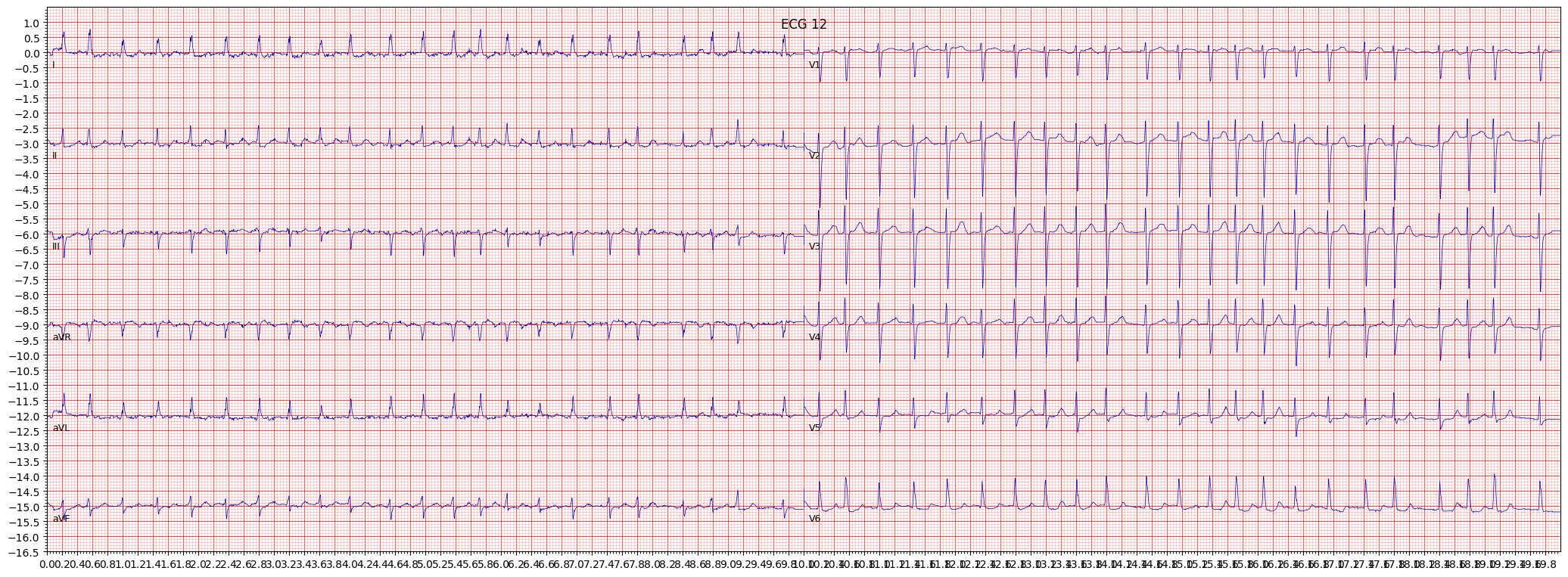digitalis-efect (DIG)
The digitalis effect (DIG) on an ECG refers to changes in the heart's electrical activity that can occur as a result of taking the medication digoxin, which is commonly used to treat heart failure and certain arrhythmias.
Common effects of digoxin on the ECG include slowing of the heart rate, prolongation of the PR interval, and changes in the T wave morphology. These changes are typically dose-dependent and can be reversed with adjustment of the medication dosage.
When reviewing an ECG for DIG, it is important to pay attention to the heart rate, PR interval, and T wave morphology. Other things to pay attention to include the presence of other abnormalities, such as QRS complex or ST segment abnormalities.
- Look for slowing of the heart rate
- Check for prolongation of the PR interval
- Observe changes in the T wave morphology
- Examine the presence of other abnormalities, such as QRS complex or ST segment abnormalities
If DIG is suspected on an ECG, further evaluation may be necessary to confirm the diagnosis and determine if any treatment or intervention is necessary. This may include blood tests to measure the digoxin level in the bloodstream, and management of any underlying conditions or risk factors.
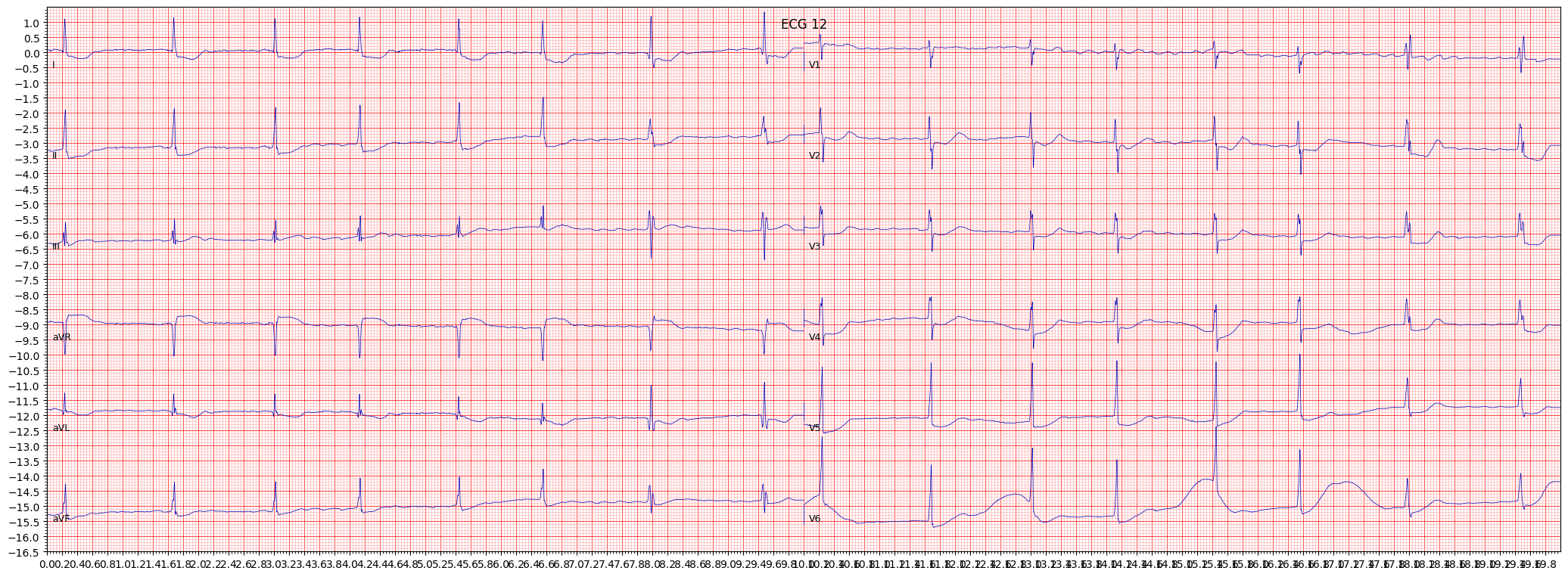 example 2:
example 2:
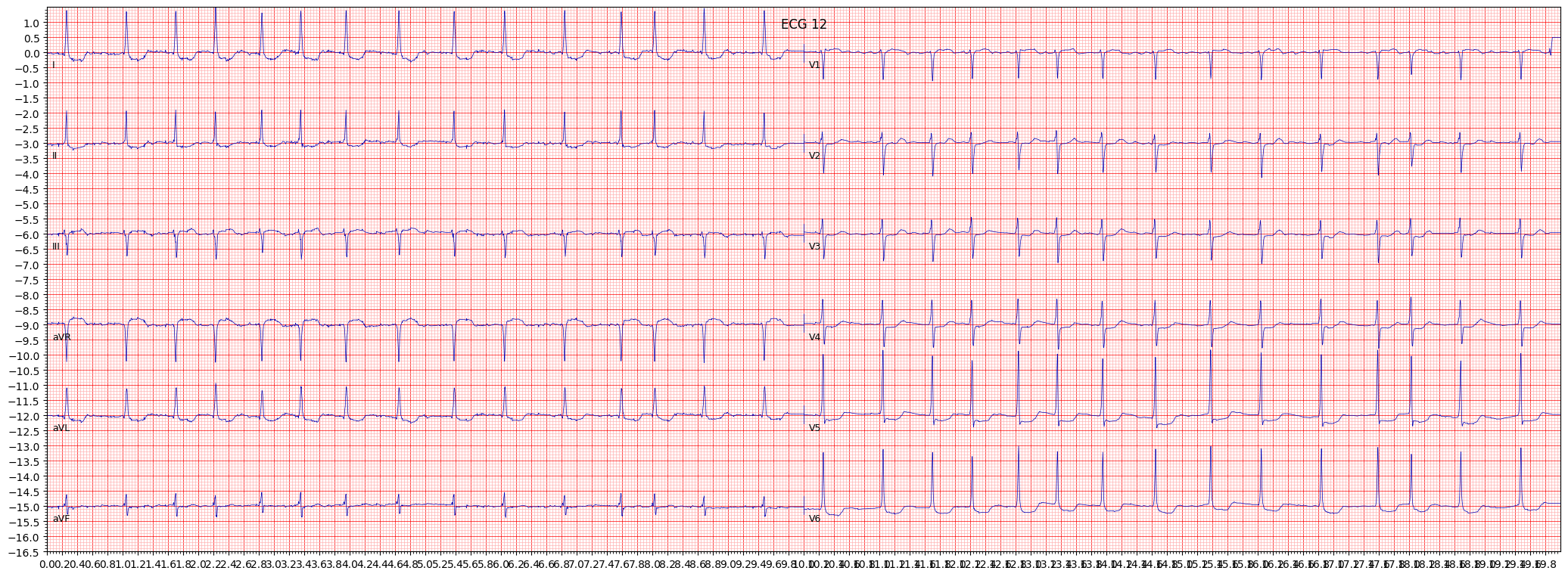 example 3:
example 3:
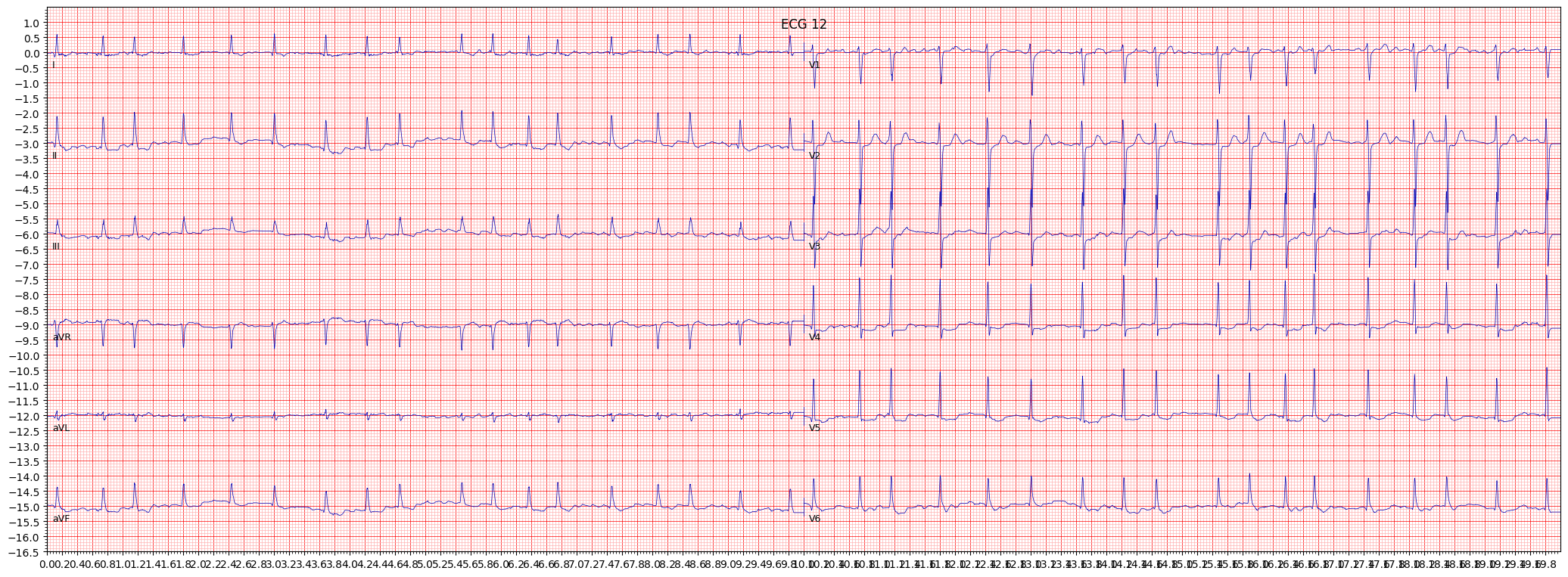 example 4:
example 4:
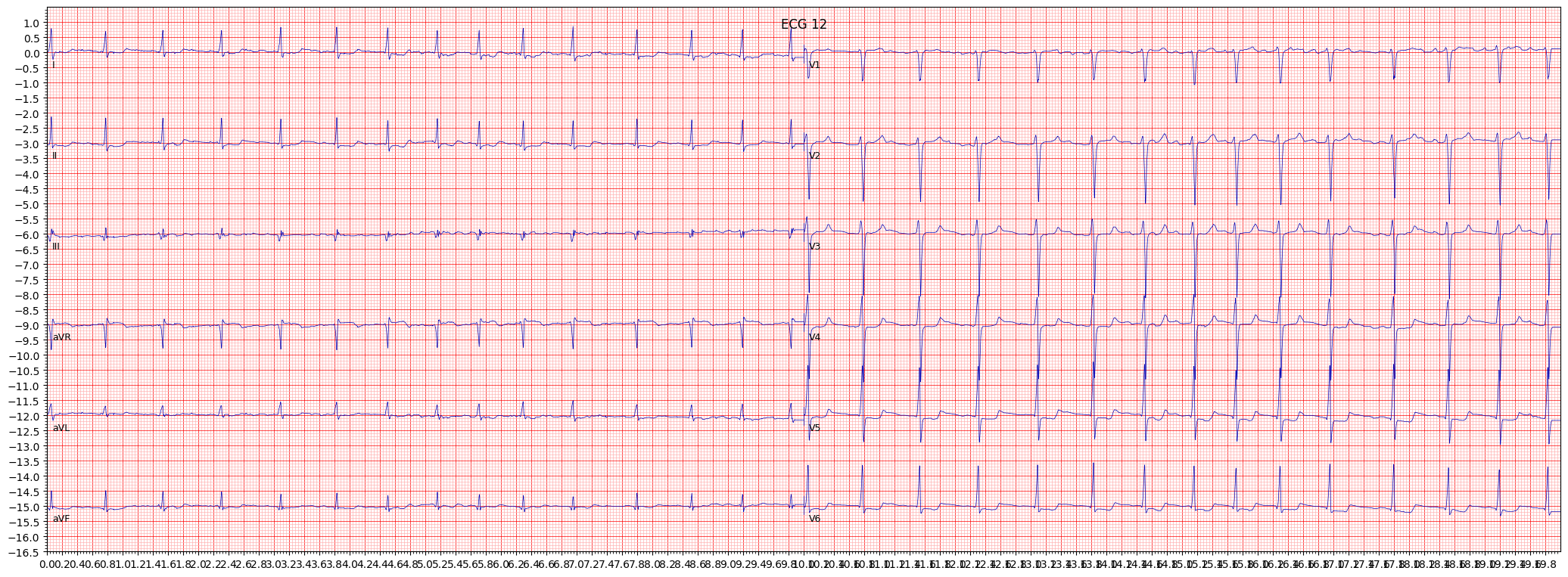 example 5:
example 5:
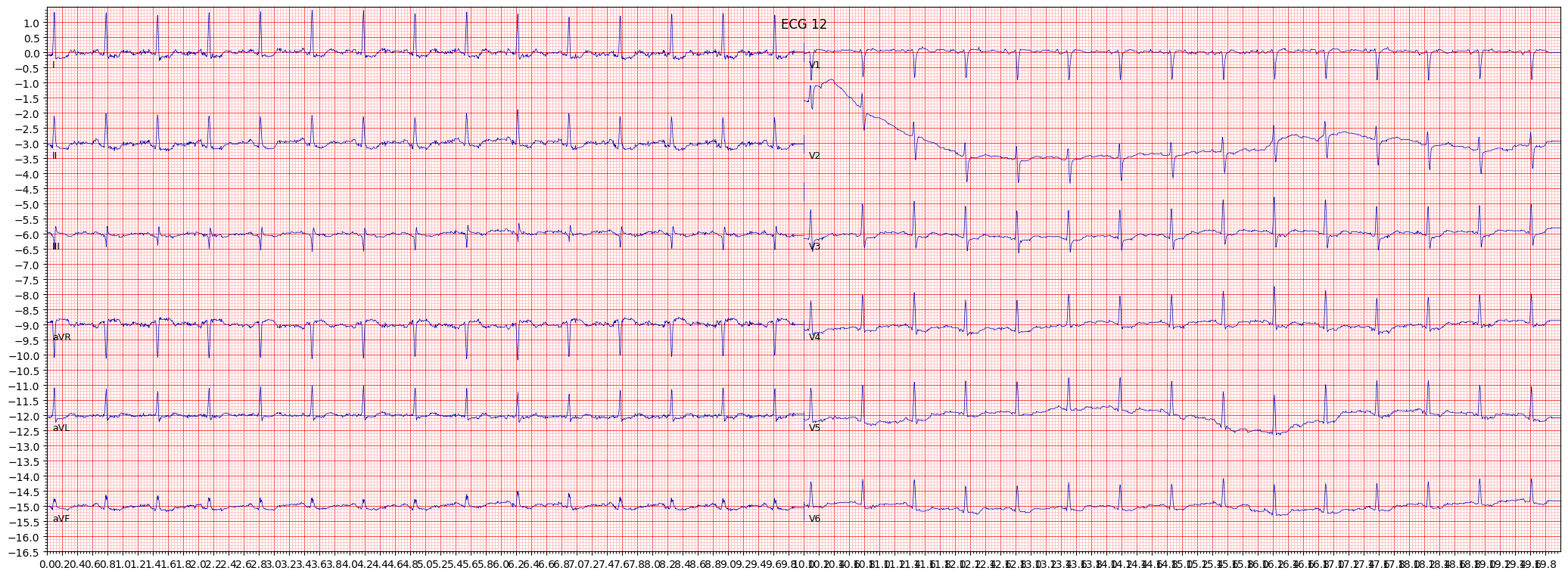 example 6:
example 6:
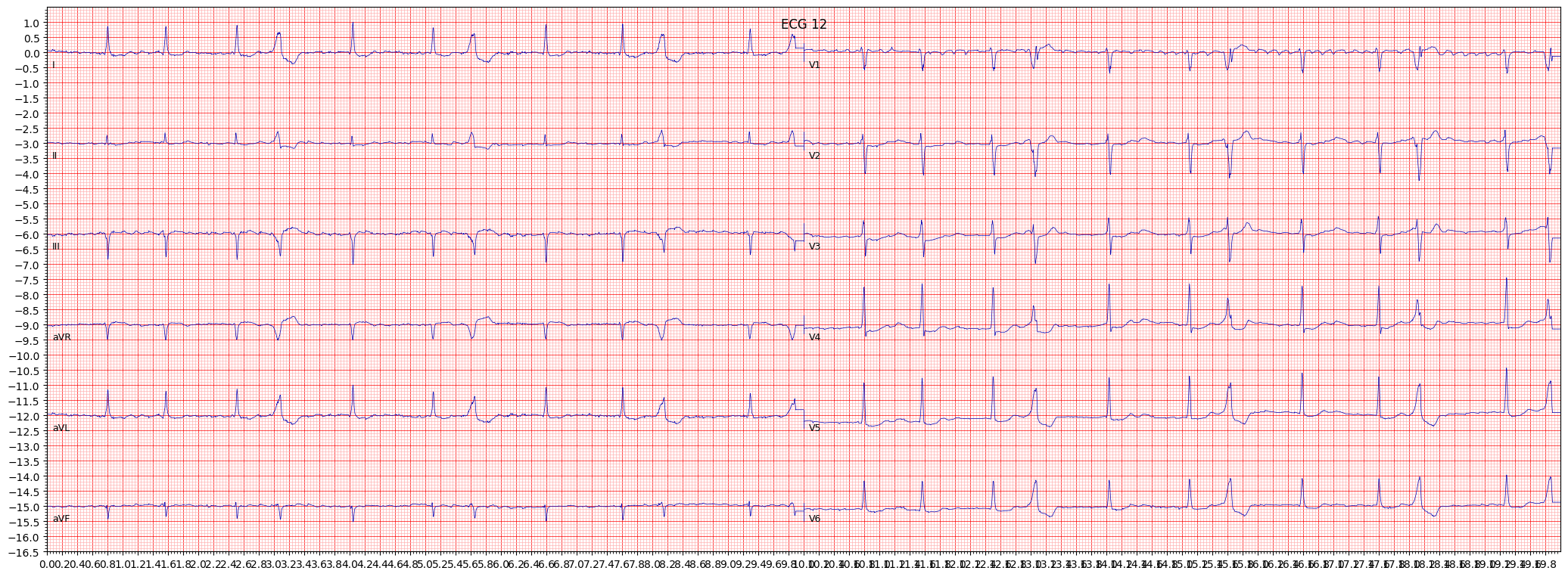 example 7:
example 7:
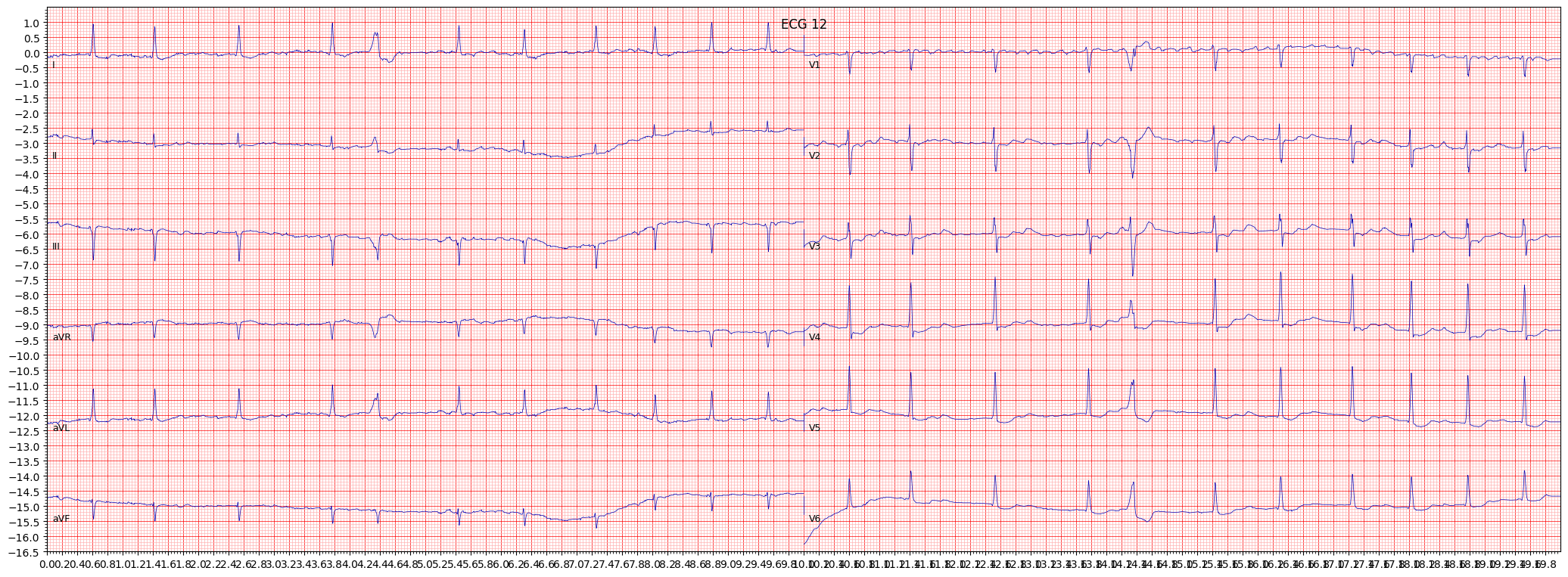 example 8:
example 8:
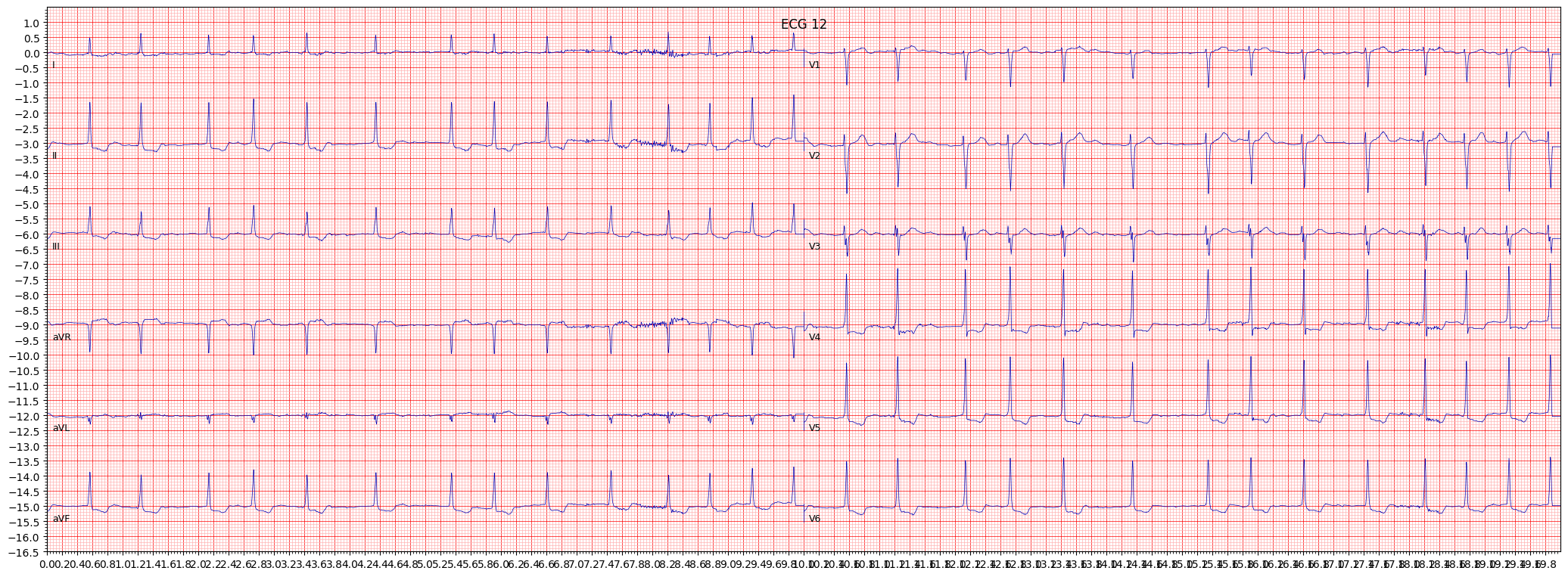 example 9:
example 9:
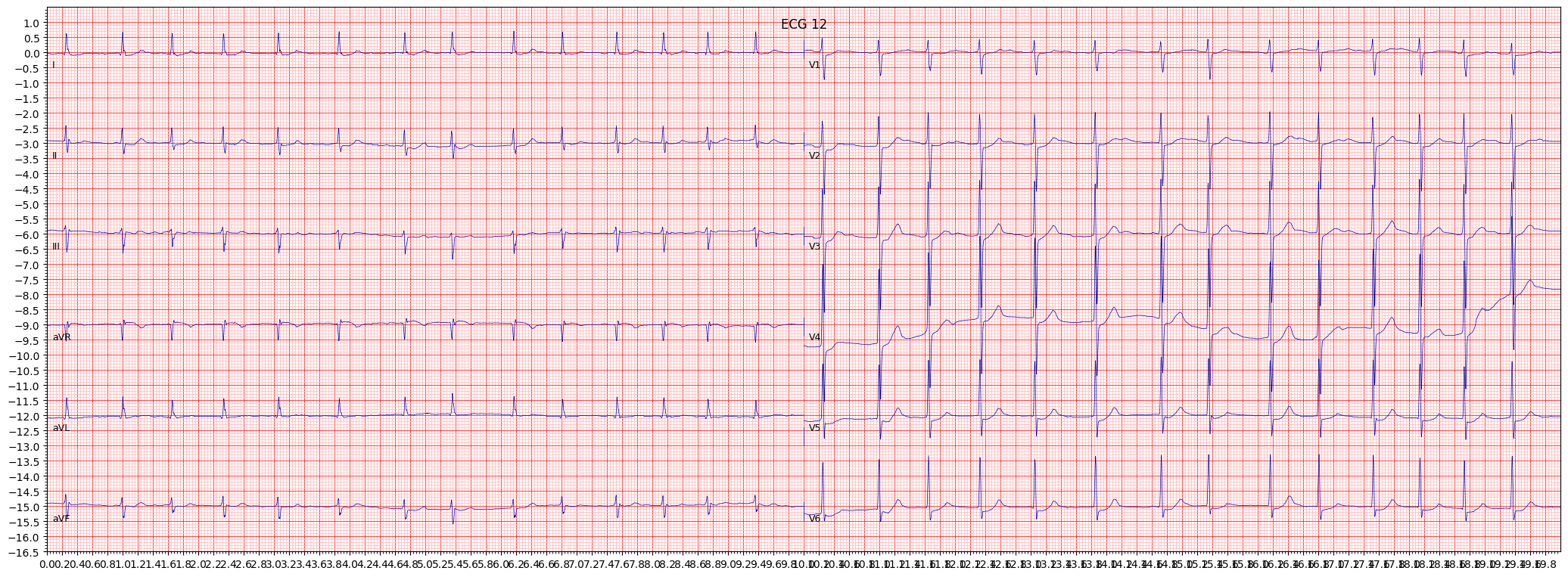 example 10:
example 10:
